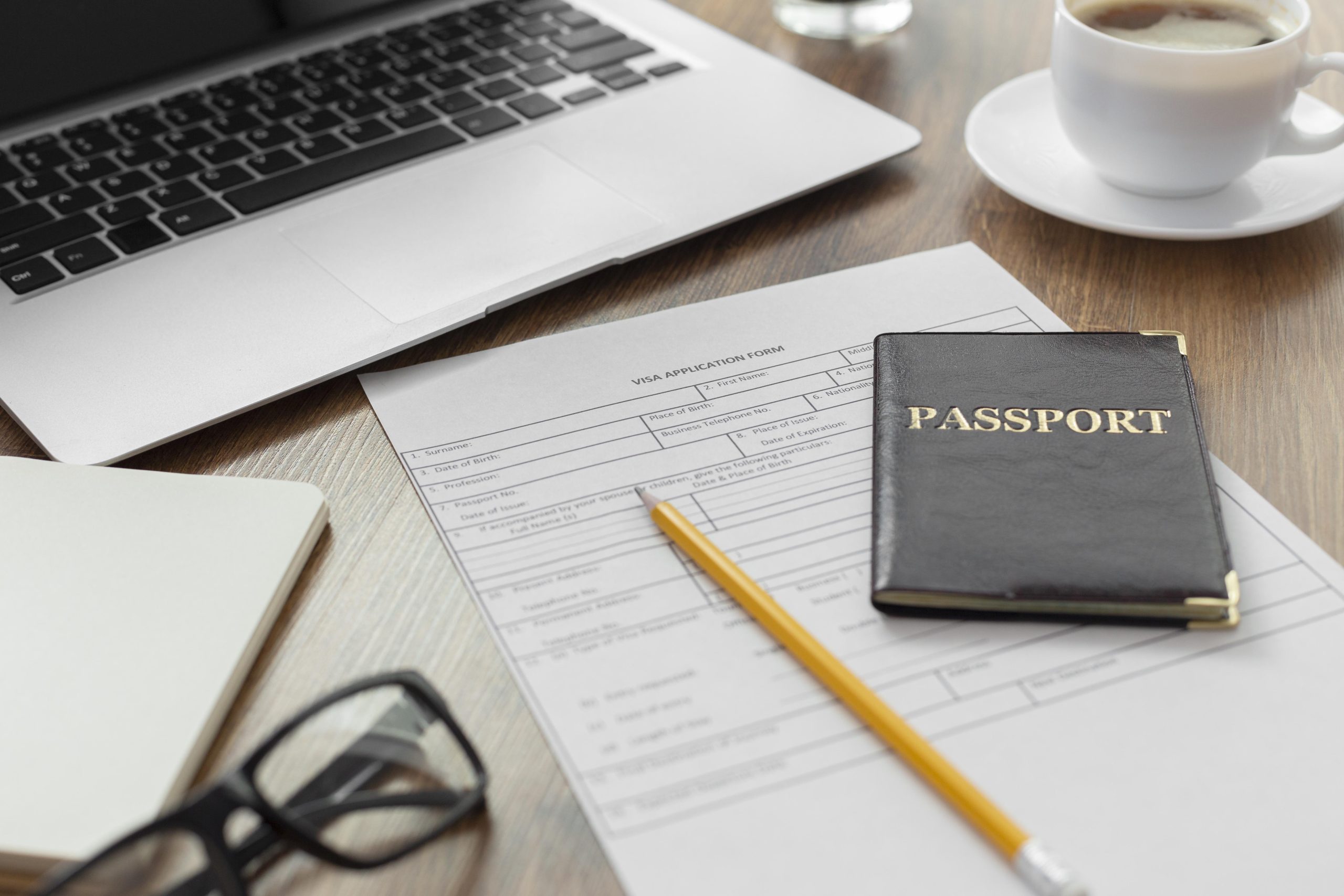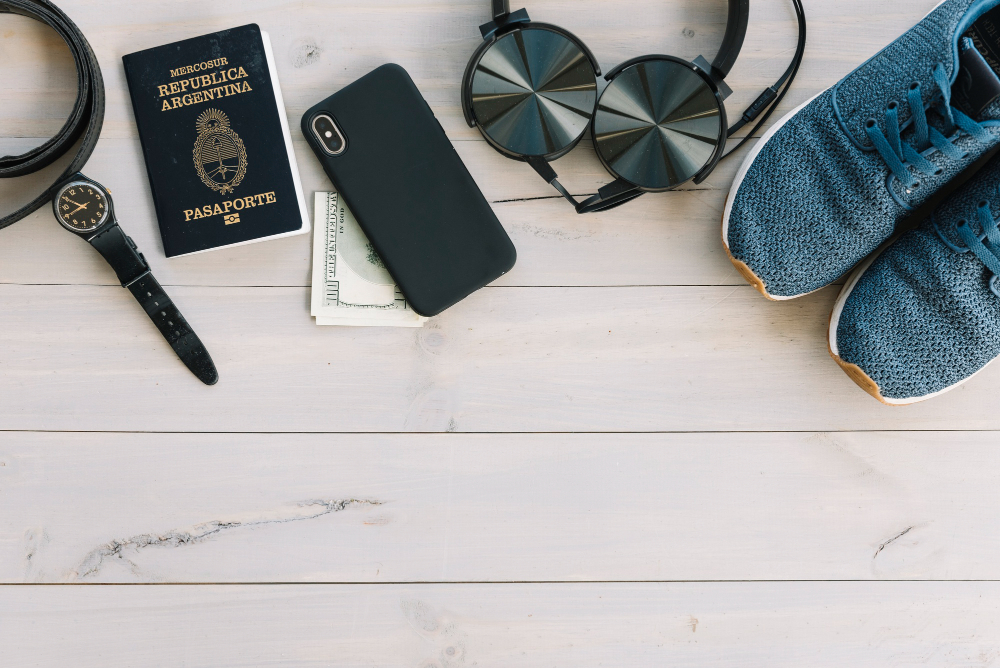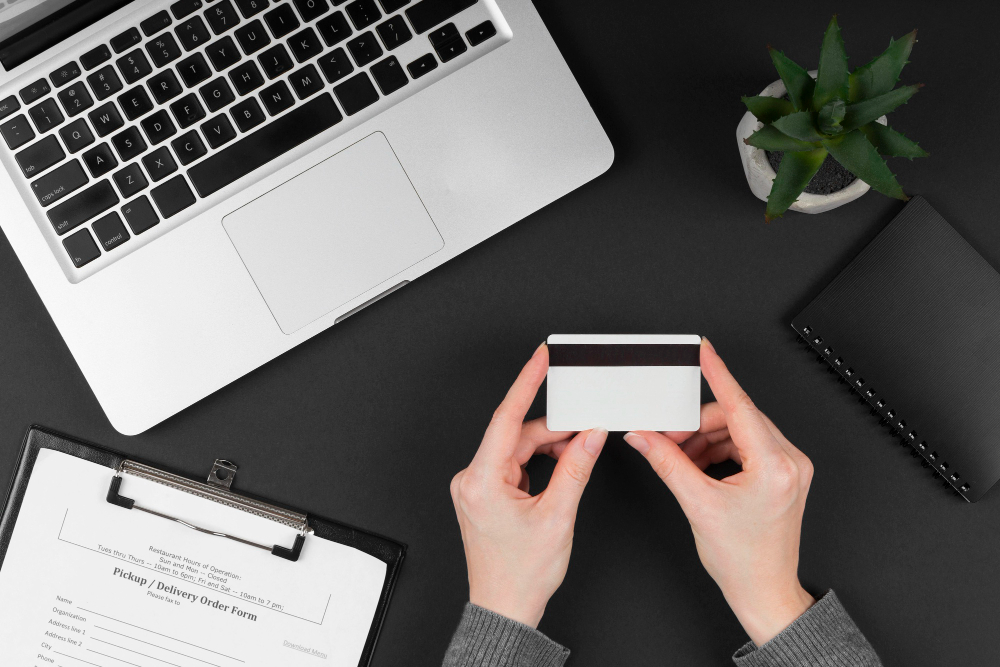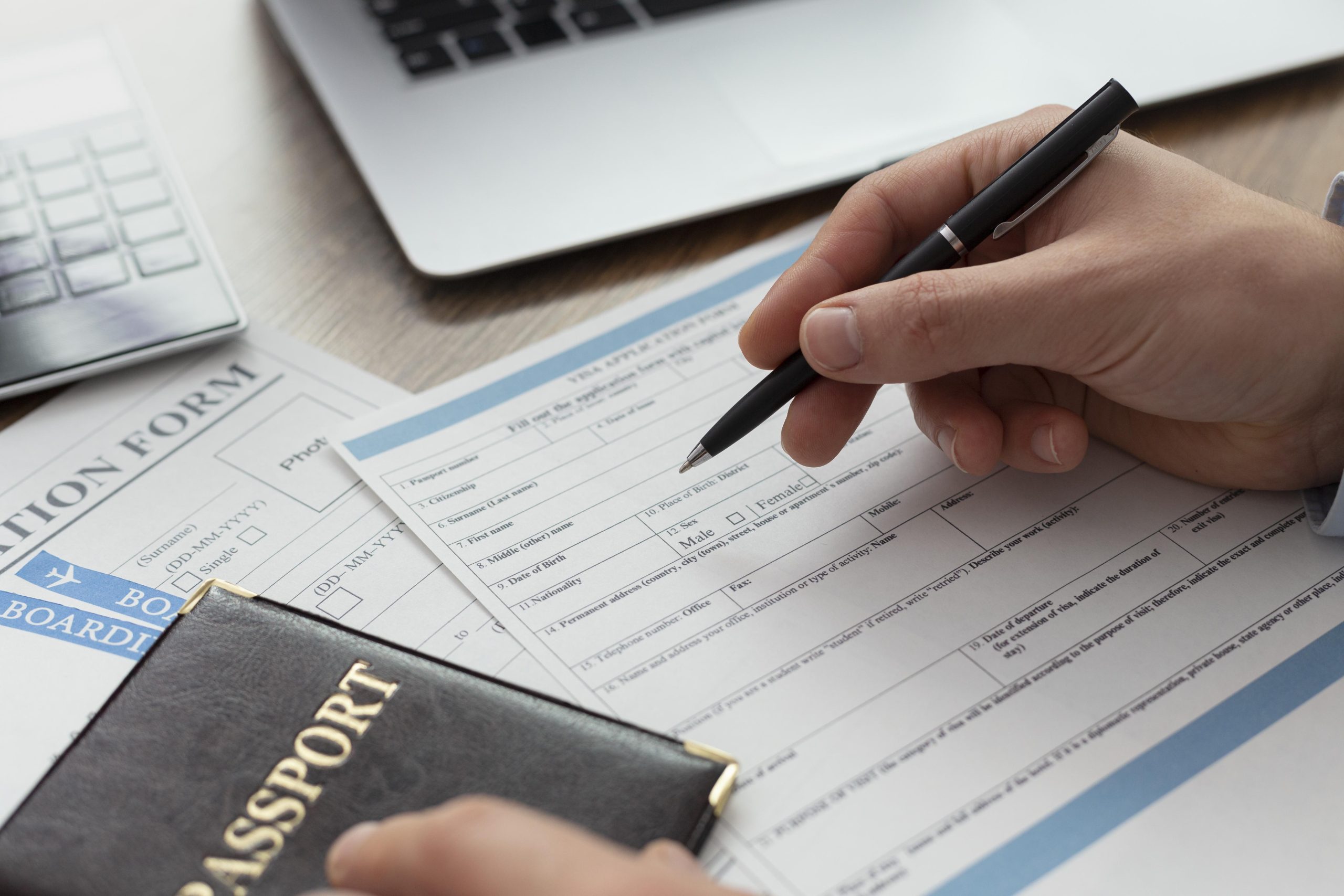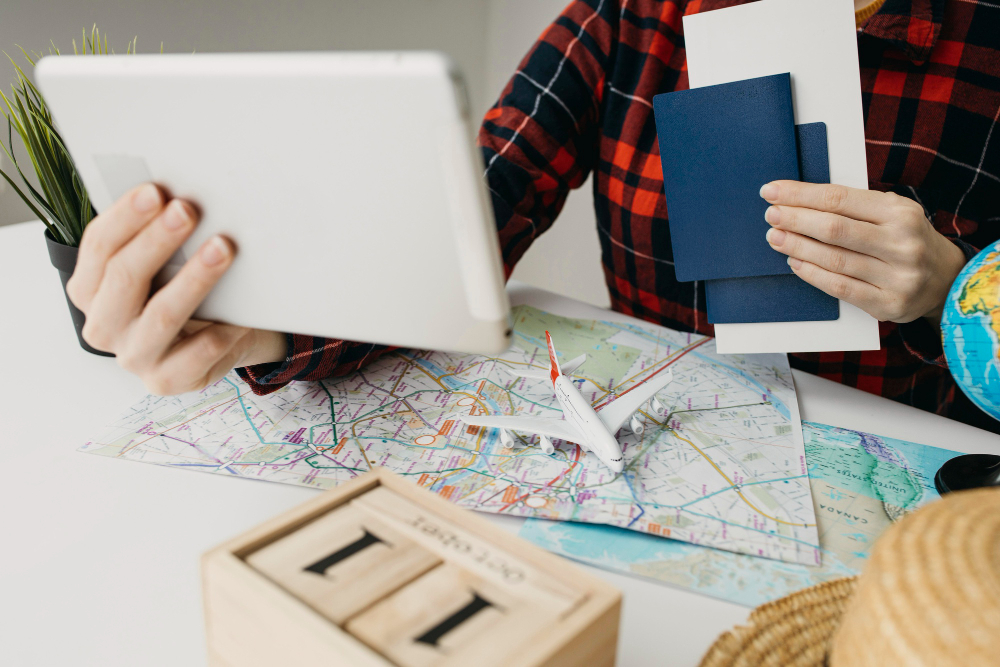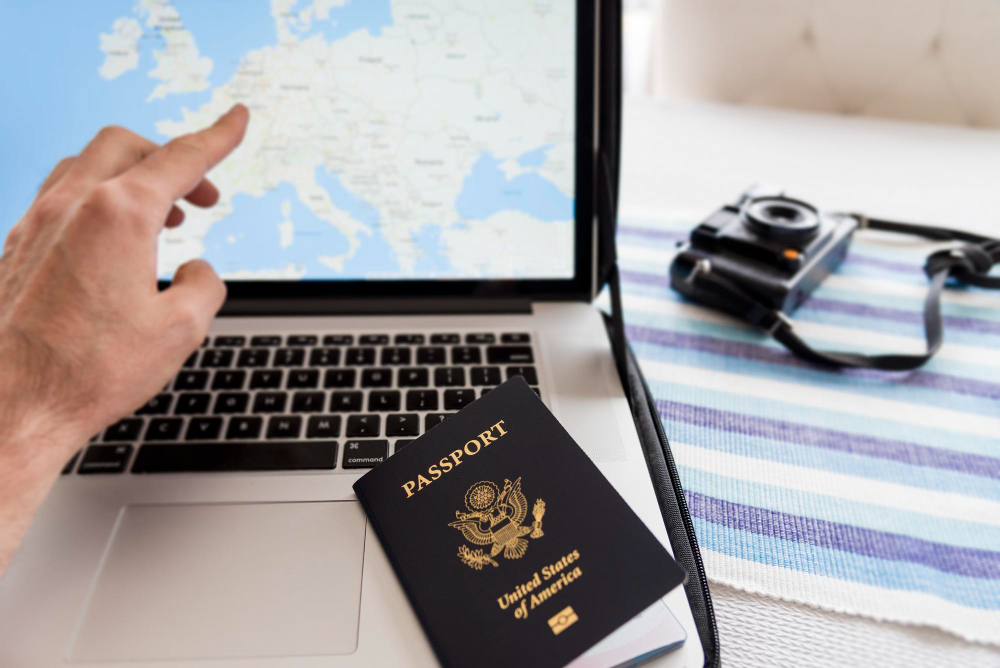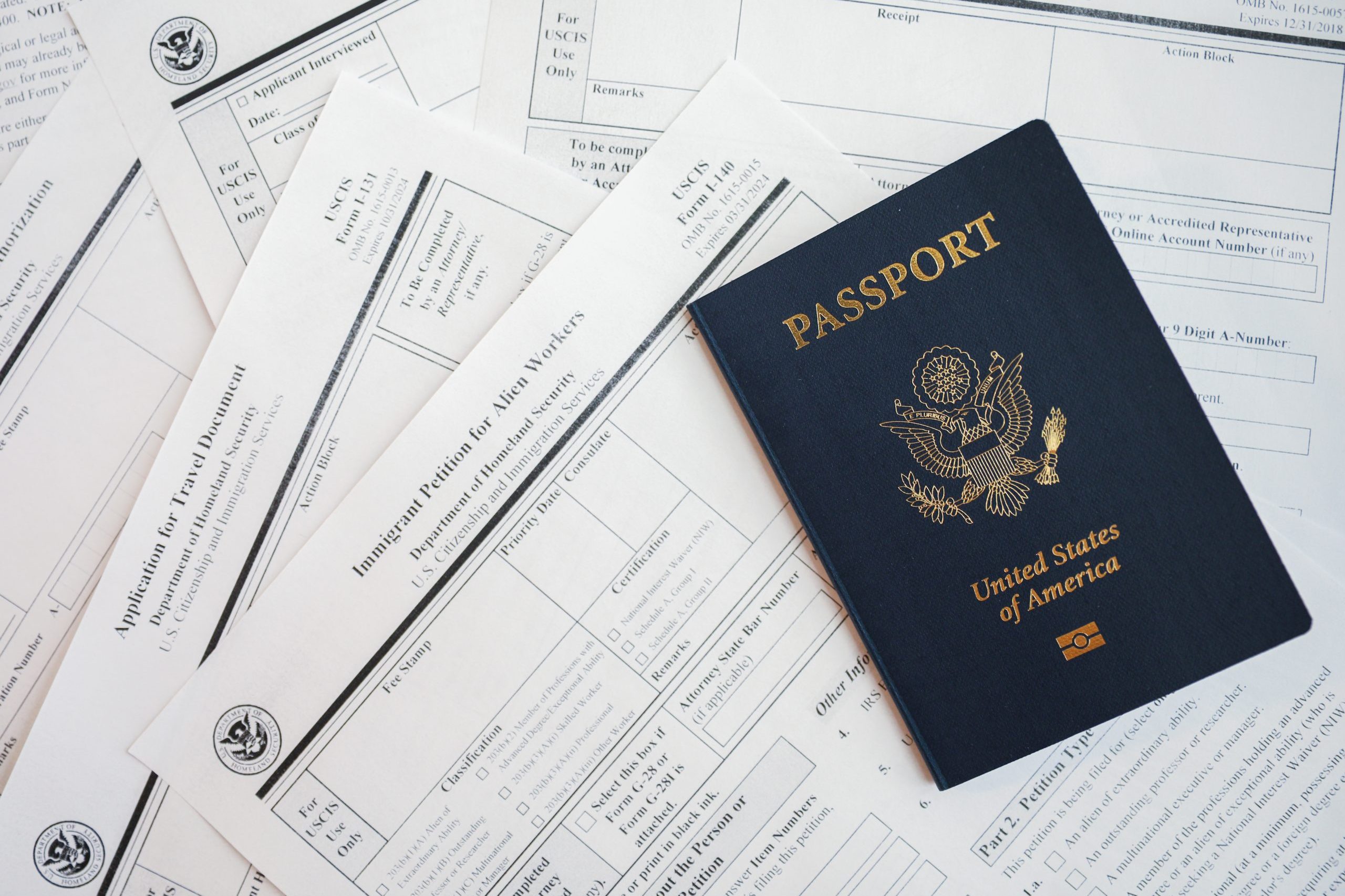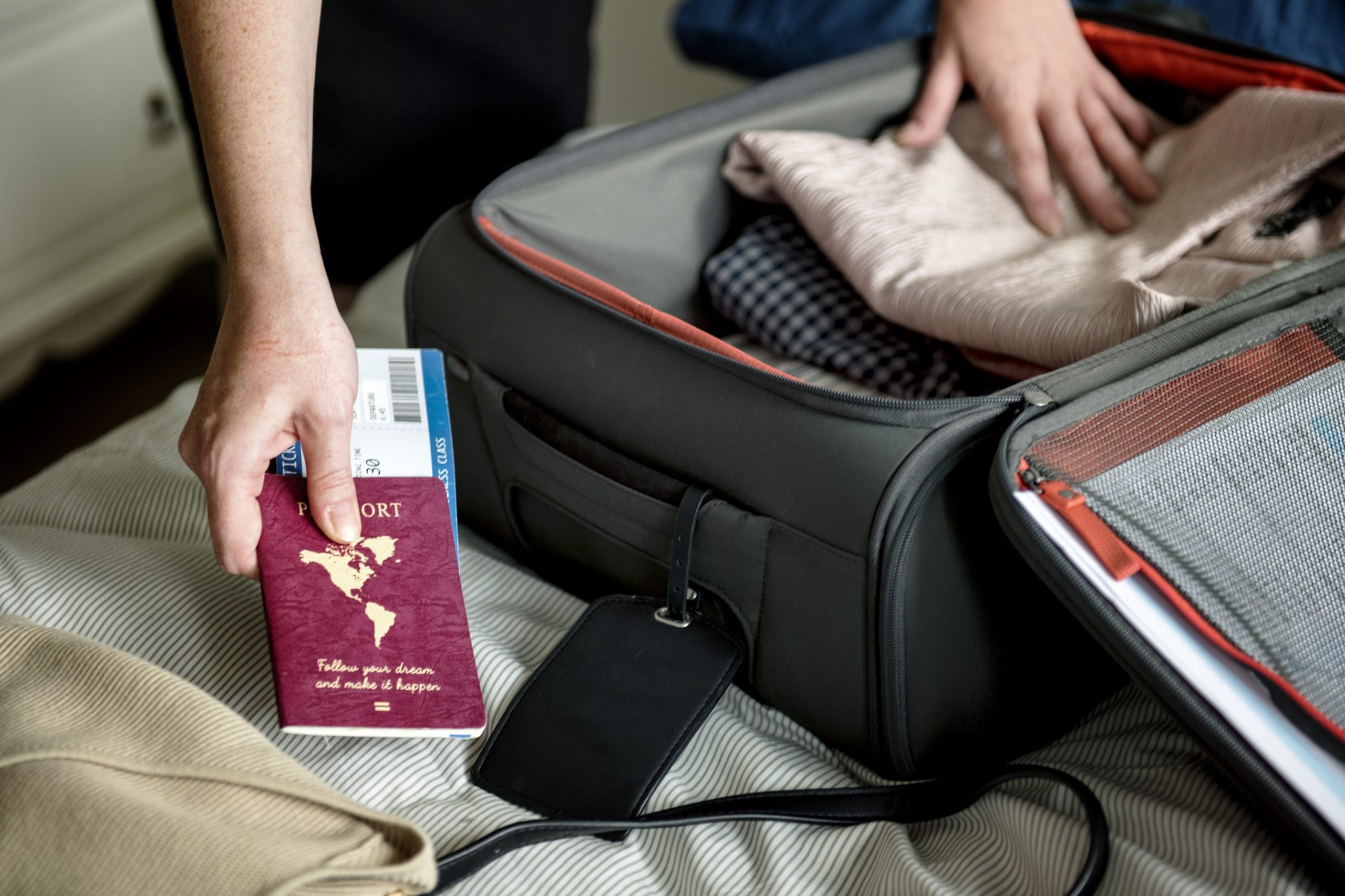10 Things to Know Before Traveling to Korea (Detailed Guide)
Today, I will explain 10 things you should know before visiting Korea. I hope that you will have a safe and comfortable trip. I will also explain the K-eta, which is essential before visiting.

Don’t forget to secure KETA approval in advance before visiting Korea. You can apply very easily through ETAKOREA for easier entry.
1. Visa and K-ETA Requirements

K-ETA (Korea Electronic Travel Authorization):
- If you are from a visa-exempt country, it is essential to apply for a K-ETA before boarding your flight. The process is simple and can be completed online, but you must apply at least 72 hours before departure.
- ETAPORTAL can help you with your application.
Other Visa Types:
- If your country is not part of the K-ETA system, check the visa requirements at the nearest Korean consulate or embassy.
Passport Validity:
- Your passport must be valid for at least 6 months from the date of entry.
2. Currency and Payment Methods

Currency:
- The official currency is the Korean Won (KRW). Banknotes come in denominations of 1,000 won, 5,000 won, 10,000 won, and 50,000 won.
Credit Cards:
- Most places accept international cards (Visa, MasterCard, etc.), but you may need cash at small businesses, traditional markets, and street food stalls.
Cash Exchange:
- It is recommended to exchange your currency before you arrive or at the airport kiosks. Exchange kiosks in areas such as Myeongdong also offer competitive rates.
T-money Card:
- This prepaid card can be used on public transportation, in convenience stores, and in some taxis. You can top it up at subway stations and convenience stores.
3. Language and Communication

Language:
- Korean is the official language. English is taught in schools, but fluency varies. Basic English is generally understood in major tourist areas.
Useful Phrases:
- “안녕하세요 (Annyeonghaseyo)” – Hello
- “감사합니다 (Gamsahamnida)” – Thank you
- “얼마예요? (Eolmayeyo?)” – How much is it?
Apps to Use:
- Papago: Better for Korean-English translation than Google Translate.
- Naver Dictionary: Good for vocabulary. KakaoTalk: The most popular messenger app in Korea.
Pocket Wi-Fi or SIM card:
- Rent a pocket Wi-Fi device or buy a local SIM card to stay connected with a stable internet connection.
The Korea Electronic Travel Authorization K-ETA is a digital visa waiver system launched by the Korean government to streamline the process of entering the country for short-term stays.
4. Transportation

Public transportation:
- The subway is the most efficient way to get around cities like Seoul, Busan, and Daegu. Buses are also reliable, but you may need to understand a little Korean.
Taxis:
- Taxis are safe and relatively cheap. There are regular taxis, luxury taxis (black cabs), and international taxis (with English-speaking drivers).
High-speed rail:
- KTX trains connect major cities quickly. For example, you can get from Seoul to Busan in less than 3 hours.
Travel apps:
5. Culture and etiquette

Greetings and respect:
- Bowing and shaking hands are common as polite ways to greet someone, but wait until the other person starts. Always use both hands when giving or receiving something.
Dining etiquette:
- Wait until the older person starts eating.
- Use chopsticks correctly. Do not place chopsticks vertically in the rice bowl (similar to a funeral).
Removing shoes indoors:
- It is customary to remove shoes in traditional accommodations or at home.
Behavior in public places:
- Koreans value personal space and quietness in public places, so avoid speaking loudly on public transportation.
6. Tipping culture

Tipping is unnecessary:
- Tipping is not customary in Korea. Restaurants and hotels generally include a service charge in the bill.
Exceptions:
- High-end hotels and private tour guides may tip, but it is not expected.
7. Food and dietary preferences

Traditional cuisine:
- Don’t miss bibimbap (rice mixed with vegetables), bulgogi (seasoned beef), and samgyeopsal (grilled pork).
Street food:
- Visit night markets like Gwangjang Market or Myeongdong to try tteokbokki (spicy rice cakes), hotteok (sweet pancakes), and odeng (fish cake soup).
Spicy food warning:
- Many Korean foods are spicy. If you can’t stand spicy food, ask for a non-spicy option: “Maepji ange haejeseyo” (Please make it less spicy).
Vegetarian/vegan options:
- Although not widespread, there are vegetarian or vegan restaurants in major cities. Try temple food like balwoo gongyang in Seoul.
8. Electricity and plug types

Plug types:
- Korea uses the same C and F plugs as most European countries.
Voltage:
- Standard voltage is 220V. Make sure your device is compatible. If not, bring a voltage converter.
Adapters:
- If your country uses a different plug type, you will need a universal adapter.
9. Emergency phone numbers

Police:
- In case of an emergency, such as theft or accidents, call 112. Fire/Medical: In case of fire or medical emergency, call 119.
Travel Helpline:
- The Korea Tourism Organization hotline is available at 1330. It provides 24/7 assistance in multiple languages, including English.
10. Weather and Packing Tips

Spring (March-May):
- Mild weather with cherry blossoms blooming. Pack light layers and a light jacket.
- Highlight: Cherry Blossom Festivals, like in Yeouido or Jinhae.
Summer (June-August):
- Hot and humid with monsoon rains in July. Pack breathable clothes, an umbrella, and sunscreen.
Fall (September-November):
- Cool and crisp with stunning fall foliage. Pack comfortable walking shoes and layered clothing.
- Highlight: Seoraksan National Park is a must-visit for autumn scenery.
Winter (December-February):
- Cold with potential snow. Bring a heavy coat, gloves, and thermal layers.
- Highlight: Ski resorts like Yongpyong or ice fishing festivals in Hwacheon.
Bonus Tips
Free Wi-Fi Spots:
- Korea offers free Wi-Fi in many public spaces, but having your own device ensures connectivity everywhere.
Tax Refunds for Tourists:
- At certain stores, you can get a VAT refund on purchases over 30,000 KRW. Look for “Tax-Free” signs.
Souvenirs to Buy:
- K-beauty products from brands like Innisfree or Etude House.
- Traditional items like hanji paper or Korean ceramics.
By understanding and preparing for these aspects, you can ensure a smooth, enjoyable, and culturally enriching trip to South Korea!
Contact ETAKOREA today to receive professional assistance with your KETA application and start your stress-free journey to Korea.
